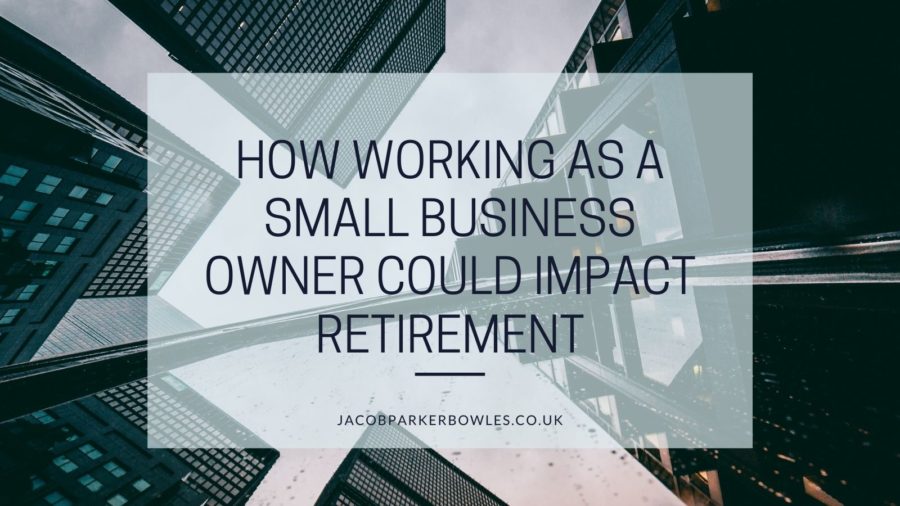Success can be measured in many ways, including taking an account of one’s life and deciding if you are truly living the life that you want to live. An important corollary to living the lifestyle you want is to have a stable financial life, as this is what allows you to pursue your dreams and goals. By the time most adults reach their 40s, they have many years of experience with financial matters. An audit of your monetary life can lead to making decisions that better support your aspirations. In your 40s, the following financial tips can help you to create your life:
- Create a budget and follow it: Knowing where your money is going is critical. A budget can help you to balance needs and wants, and it can help you to remember to put money in your retirement account and emergency savings account. It can also help prevent overspending in certain categories, such as vacations or fancy restaurants.
- Increase your income: Increasing your income is a vital component, as more money ultimately gives you more freedom. You might choose to pursue a side gig such as tutoring or dog-walking, or you might rent out your basement apartment. Any extra money that is brought in can then be used to pay off credit card debt or a mortgage, both of which will be beneficial.
- Eliminate high-interest consumer debt: Debt happens. It is an unavoidable part of life for many people, especially when they first enter the workforce and have entry-level salaries. However, it is essential to get out of high-interest consumer debt when you are in your 40s. Pay off those credit cards and car loans. Try to pay off your student loans. Consider debt consolidation if it will help you rid yourself of debt faster.
- Save, save, save: This is the decade to fully fund your emergency savings account, as well as any retirement accounts that you may have, such as a 401(k) or an IRA. You can automate your savings so that a portion of your paycheck is automatically deposited without any effort on your part, which makes it easier to save. While much of the future is uncertain, enough savings will help you to create the lifestyle you choose in your later years.


